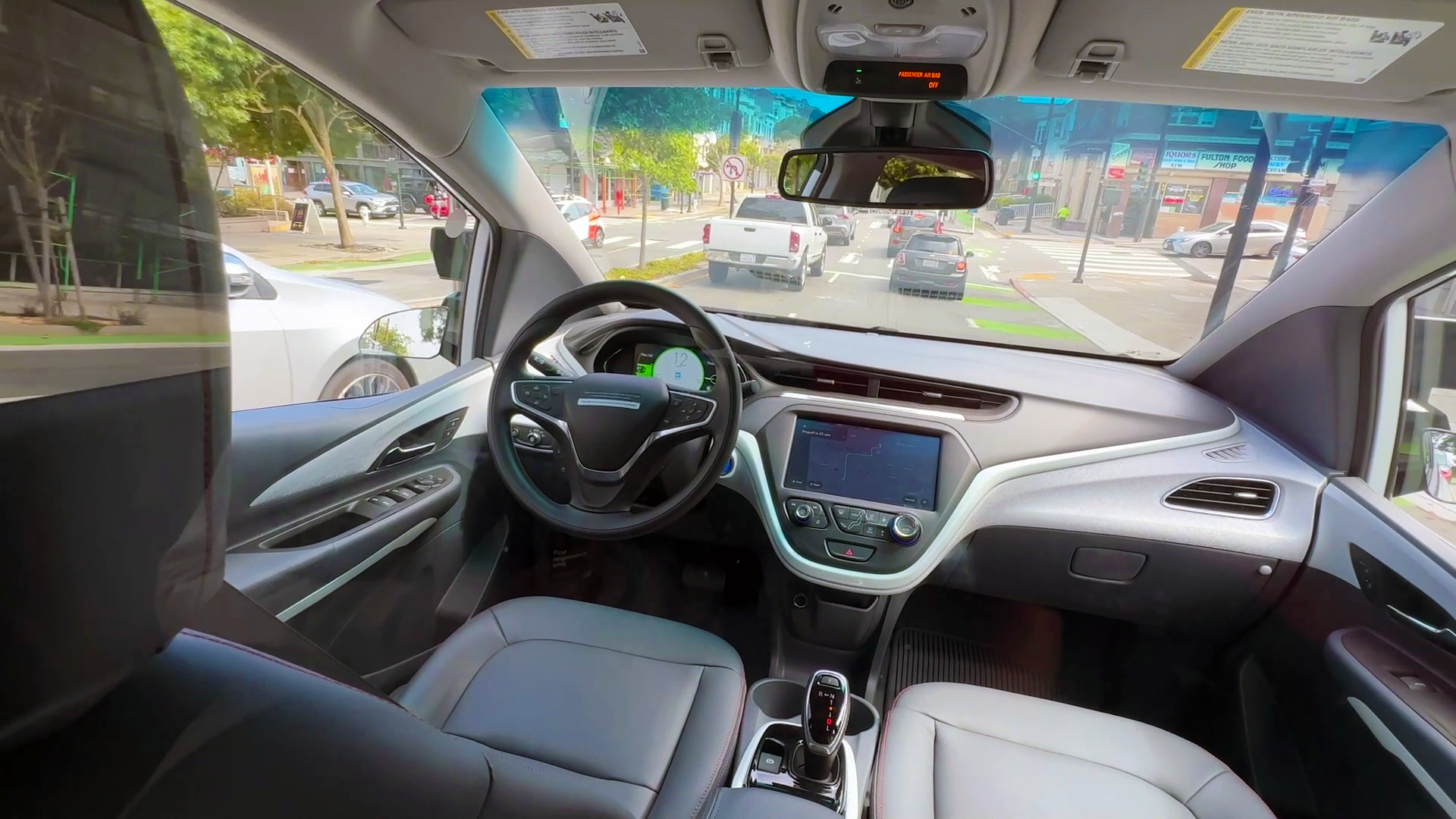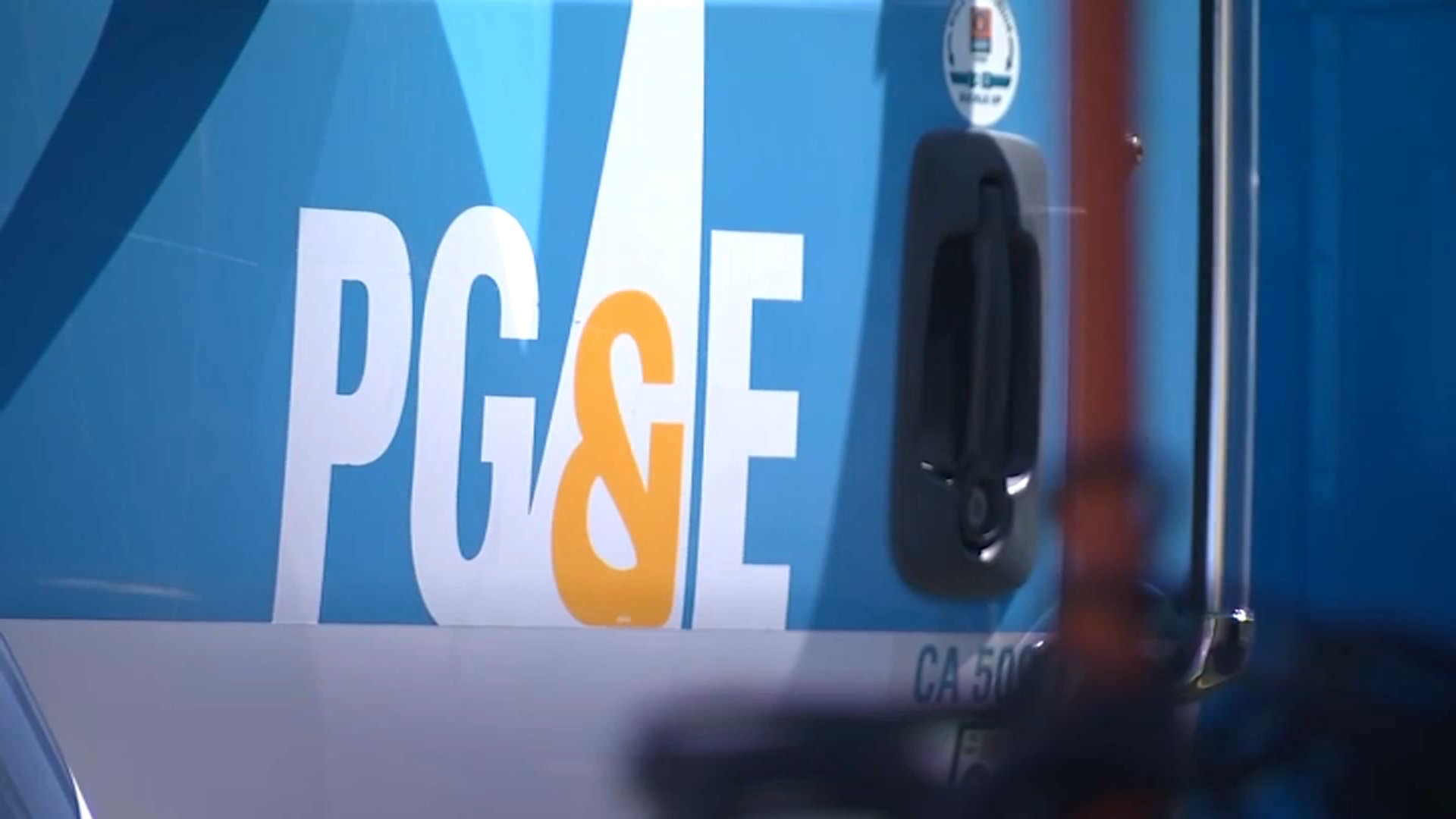The heat is on and it’s turned all the way up in parts of the Bay Area where it’s over 105 degrees.
With a statewide Flex Alert in effect, residents are keeping themselves and their homes cool with some simple adjustments to conserve energy -- but others admit they’re just cranking up the AC anyway.
With the sun beating down and no cooling breezes, a part of Contra Costa County has been baking for two straight days and the hottest one is yet to come.
“We’ve been spoiled, and both ends of the state have been experiencing heat waves,” said Mary Jean Tenret of Brentwood. “Now I guess it’s our turn.”
Get a weekly recap of the latest San Francisco Bay Area housing news. Sign up for NBC Bay Area’s Housing Deconstructed newsletter.
Everyone’s keeping a close eye on temperatures as they just keep going up.
It topped 100 Thursday, even hotter Friday, and possibly over 110 Saturday in Brentwood.
California
Many turned to neighborhood splash pads for relief.
“Brought the girls out to get wet and cool down really,” said Femi Omolaya of Brentwood.
Her family didn’t experience heat like this at their home in England, but after relocating a couple of years ago, they’ve learned to cope.
She opens up all the windows early in the morning, and then buttons up everything when the temps start rising.
“And get the cool air in as much as we can in the morning, and then keep it like that until it really starts getting super-hot in the afternoon and evening,” Omolaya said.
She’s doing just what California power operators are asking for during a statewide Flex Alert.
Keep major appliances turned off and set the thermostat to no lower than 78 degrees between 4 p.m. and 9 p.m.
Others admit cooling down is top priority in their house, not following Flex Alerts.
“I just turn it on when I’m hot. I just put it on whenever I went – so I don’t normally follow it,” said Nicole Tscherneff of Brentwood.
Others are getting a bit creative to stay cool while also cutting back on electricity like adding ice packs to their arsenal.
“Or just wear a wet shirt,” said Lei Wei of Brentwood. “That helps to cool down.”
In Concord, Chuck Walker and his friend Mike Hartshorn are doing something rather unique as temperatures soared. They’re trying to break Walker's personal teeter-totter world record.
He himself set the record 50 years ago, riding 168 hours straight. This time however, he’ll be sweating it out.
The hot weather is causing a lot of concern. Hospitals are gearing up for people who may not know how to handle it.
“If you stop sweating and start feeling out of it, that's the time you should come into the hospital,” said Washington Hospital Emergency Room Dr. Jeff Lenchner.
He said feeling dizzy and disoriented is a sign of heat stroke. So think twice before heading outside.
“If you’re planning on sporting activities I would reconsider that, with significant heat over 100 degrees if you’re outside stay well hydrated and drink fluids before you feel dehydrated,” said Lenchner.
A message firefighters have to pay attention to. Not only do they have to worry about fires, they have to worry about staying cool.
“We put a lot of energy into protecting our firefighters,” said STeve Hill of the Contra Costa County Fire Department. “We train them to recognize the symptoms to avoid the symptoms of heat related illnesses.”
Something a lot of people will be worried about this weekend.
There are cooling centers across the county, but many of them close at 7 p.m. when it might still be over 100 degrees there.
Those hours between 7 p.m. and 9 p.m. are crucial because the power grid starts losing a lot of solar generation in the evening.
Power operators hope more people will use some of those creative cooling methods so they can avoid widespread outages.



